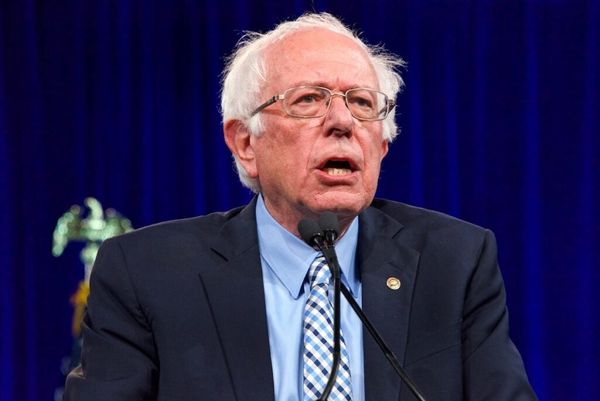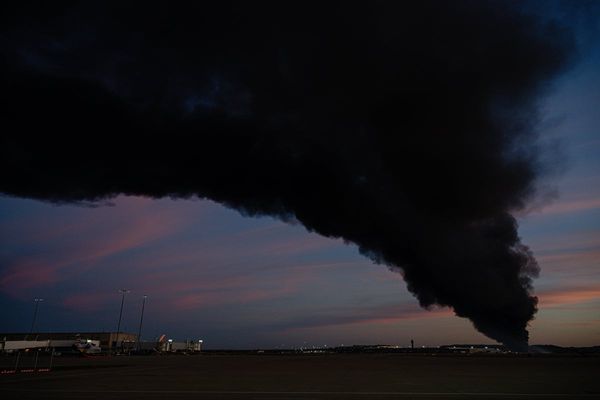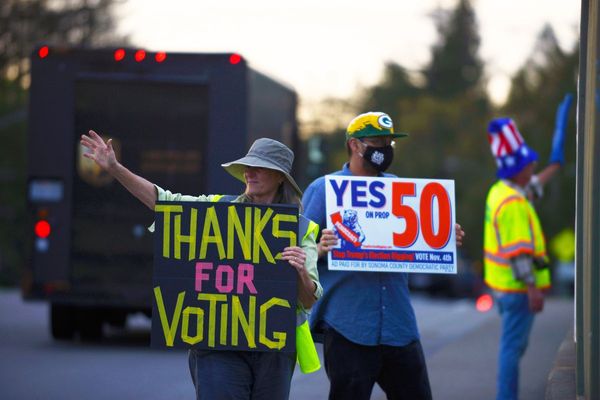
The global food price crisis will carry on this year, the US ambassador for food has warned, and supplies will not be safe until the Russian invasion of Ukraine has ended.
Cindy McCain, the US ambassador to the UN agencies for food and agriculture, called the crisis “huge … the worst food crisis, the worst humanitarian crisis since world war 2” and warned that some countries in Africa were on the brink of famine. She laid the blame for soaring prices squarely on Russia, and president Vladimir Putin’s invasion of Ukraine.
McCain also warned that US funding for UN agencies working to ease the food crisis was likely to be “tight” this year, and she urged speculators in the financial markets not to take advantage of the turmoil to drive up prices further.
Food prices have declined from their peaks last year, sparking hopes that the crisis – during which there has been rampant food inflation across both the developed and developing world, and shortages of key staples in some countries, following Putin’s invasion of Ukraine almost a year ago – could be abating.
McCain said: “The fact that food prices are going down does not mean this crisis is anywhere near being over … We are looking at some difficult times. This would be spring planting season [in Ukraine]. There’s no way they can plant because of the invasion and because of the destruction that’s been done, to the land and to machinery.”
She added that grain exports in the region were also stuck owing to Russia’s actions. “We have not been able to get a lot of the grain out. Normally we could bring out somewhere near 20m tonnes, and we are nowhere near that number. There’s over 100 ships waiting to get in [to Black Sea ports]. So this crisis is anything but over, and with regards to food and food security, it’s only exacerbated even more.”
Several factors have combined to create the crisis, following Russia’s invasion. Ukraine is not only a major exporter of grain and vegetable oil, but also of fertiliser, and the spike in energy prices resulting from Russia’s threats to gas supplies has also pushed up the cost of food production. Many countries were already in a precarious position with food supplies because of the lingering impacts of the Covid-19 pandemic.
The impacts have been global, McCain said. “It has a ripple effect. It ripples down into Africa, affecting countries that can’t feed themselves in any way. It’s affecting all of us,” she said.
“We’re very near famine in a sizable portion of Africa right now, although I think we can stave it off a little bit in Yemen. Famine is a disastrous state to be in. And again this is completely [the result of] what Russia has done.”
Some food experts have warned that speculation in the commodities markets, with financial traders taking bets on food prices, and a small number of companies dominating the physical trade in key commodities such as grain, have helped to drive up prices further.
Asked whether speculation could be having an impact, McCain said: “Probably so. I say that without a lot of exact information, but sometimes there are bad players.”
She declined to say whether such speculation should be penalised, but said she would speak out against it. “You can’t tolerate it – people are starving. Speculation does nobody any good during a crisis. [We need to] keep reminding the world that food security is a national security problem. This has not only community effects, but has national security implications.”
McCain warned that funding from the US for both research and international food efforts could be reduced this year. Pointing to the UN Food and Agriculture Organisation, the UN World Food Programme, and their sister organisations that deal with food issues, she said: “We’re going to see less funding because there’s a financial crisis here. It’s going to be a tight year.”
McCain also warned that the climate crisis was having an impact on food. The widow of John McCain, the former Republican senator and presidential candidate, she reflected on her home state of Arizona, saying: “Climate change is a huge part of this [food crisis]. Where I come from, there is no water. And yet, there’s golf courses everywhere. So at some point we have to step back and say, what’s the right use of this? Should we be putting all of this in, should we do something different?”







